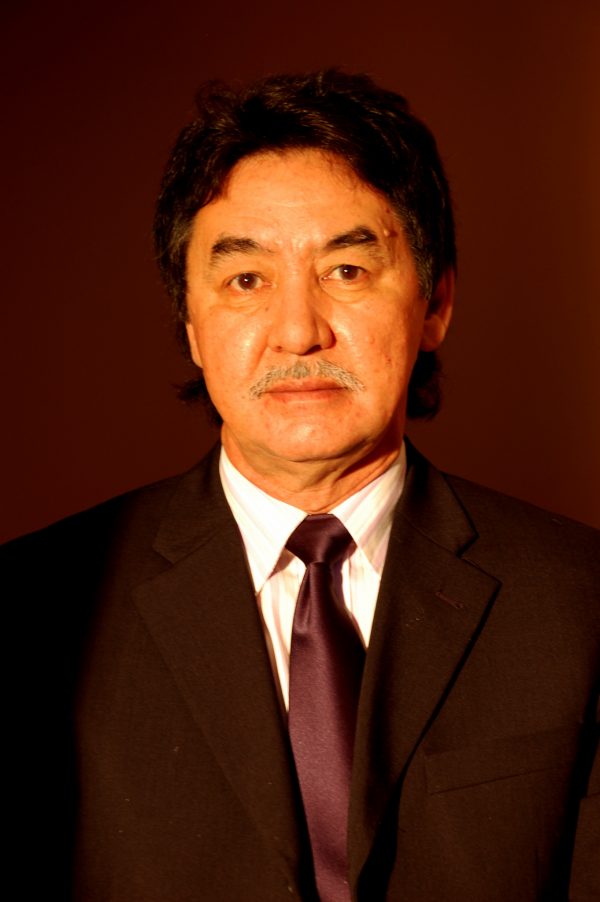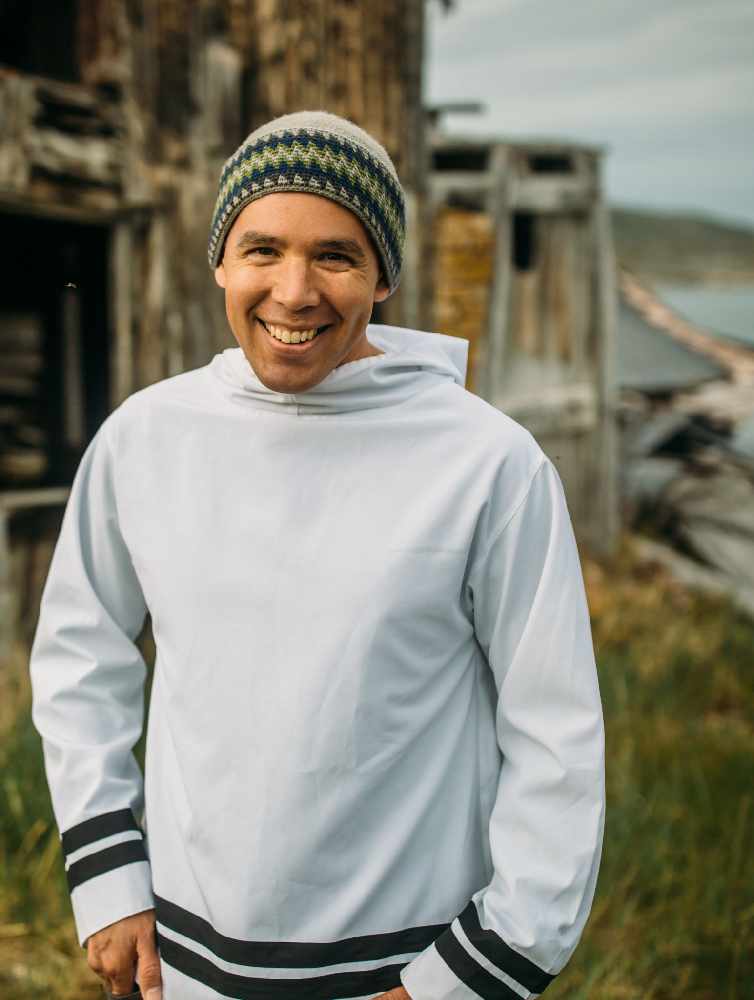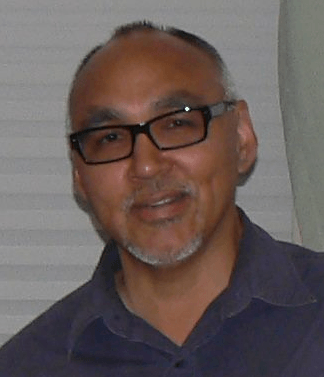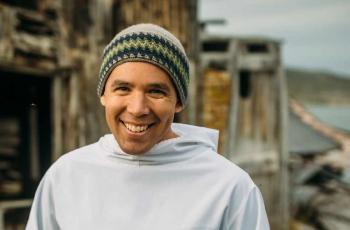Image Caption
Another national Indigenous organization is heading to an election. While today will feature the Assembly of First Nations election for national chief, the Inuit Tapiriit Kanatami will head to the polls to choose a president on Aug. 16.
There are three candidates vying for the position:
Peter Ittinuar
Natan Obed (incumbent)
Peter Williamson
The election will take place in Inuvik, Inuvialuit Settlement Region, following the ITK’s annual general meeting, which begins on Aug. 15.
Following ITK’s bylaws, the nomination period for the presidential election began on June 19. Advertisements were issued in Northern newspapers, in print and online, through CBC radio, the social media channels of ITK and Inuit Regional Organizations.
The nomination of each candidate was reviewed by ITK’s Returning Officers and accredited as valid according to the criteria in ITK’s by-laws.
ITK, formerly Inuit Tapirisat of Canada, is the national voice of 65,000 Inuit living across Canada and in communities throughout Nunavut, Nunavik, Nunatsiavut and the Inuvialuit Settlement Region of the Northwest Territories. ITK’s mission is Canadian Inuit prospering through unity and self-determination.
Biographies:

Peter Ittinuar
Peter Ittinuar was born in Chesterfield Inlet, then in the Northwest Territories, now in Nunavut. His father was a Special Constable with the R.C.M.P, with the detachment in Chesterfield Inlet. Peter spent a year in the Residential School in Chesterfield Inlet because his mother was in Tuberculosis Sanatorium and his father travelled extensively on patrol with the RCMP.
When a nickel mine opened in nearby Rankin Inlet, Peter and his family moved to Rankin, where his father worked in the mine, for better wages than the R.C.M.P. could offer. During those years in Rankin, Peter was subjected to some intelligence tests, along with other Inuit children, brought in by the Federal Government, to choose 2 or 3 young Inuit children for schooling in the Far South. Peter was one of the 3 chosen, and went to Ottawa to take up residence in a foster home and attending public school at the age of 12.
Peter eventually went on to university, teaching at university, and taking various jobs throughout his life, leading to his current position as a negotiator for the Negotiations Branch of the Ministry of Indigenous Affairs in the Ontario Government. His current duties include negotiating land related claims in Ontario.
Peter has been a teacher (Associate Professor), pilot, hunter, trapper, fisherman, miner, CBC journalist, magazine journalist, film maker, author, worked for the Inuit Tapiriit Kanatami (the Inuit national organization) as Executive Director and a Member of Parliament. Infused throughout his career has been the singular thought of creating a homeland where his people would enjoy a degree of autonomy, and Peter assisted this road to Nunavut throughout his life.

Natan Obed
Natan Obed is from Nain, Nunatsiavut, and is a beneficiary of the Labrador Inuit Land Claim Agreement. Natan holds a B.A. in English and American Studies from Tufts University, graduating with high honors in 2001. Natan serves as president of Inuit Tapiriit Kanatami and lives in Ottawa, Ontario . He returns to Iqaluit, Nunavut as often as possible where his wife, Letia, and their sons Panigusiq and Jushua reside. His wife and sons are enrolled under the Nunavut Agreement. Natan is proud that his sons are fluent in Inuktitut and that he is a conversational speaker and learner.
Natan was elected in September 2015 as ITK president. As president, Natan has directed the operations of ITK where he has prioritized hiring Inuit. The proportion of Inuit employees at ITK increased from 35 to 55 percent between 2015 and 2018. During his mandate, ITK has worked with its board of directors to approve and implement an ambitious 2016-2019 Strategy and Action Plan that has led to significant progress on suicide prevention, eradicating tuberculosis, housing, research, and climate change through an Inuit Nunangat policy approach. Natan has used his role to actively lobby the Government of Canada to broker Inuit-specific initiatives, advocate for Inuit-specific federal budget allocations, and encourage closer working relationships with Inuit at the national and regional levels. Key accomplishments of his term include:
- March 2016: Budget 2016 includes federal allocations for Inuit housing through direct allocations to Inuit regions for first time
- July 2016: National Inuit Suicide Prevention Strategy released to promote a shared understanding of the context and risk factors for suicide and to guide actions that address those risk factors
- February 2017: Inuit-Crown Partnership Committee formed in Iqaluit, NU to advance shared Inuit-Crown priorities through co-developed workplans
- February 2018: Budget 2018 includes section on Supporting Inuit Priorities for first time, outlining investments in eliminating tuberculosis, advancing a permanent Inuit Health Survey, and housing
- March 2018: National Inuit Strategy on Research released to advance Inuit self-determination in Inuit Nunangat research by identifying areas for partnership and action between Inuit, federal departments and agencies, and academic institutions
Prior to his current role as ITK president, Natan served as the director of social and cultural development for Nunavut Tunngavik Incorporated (NTI) from 2005 to 2015, the organization that represents the rights of Nunavut Inuit. Natan has worked his entire professional career with Inuit representational organizations.

Peter Williamson
Peter Williamson: I have a long history of advancing Inuit rights and interests.
As a young adult, I prevented the Department of National Defence from stripping the Meliadine Esker outside my hometown of Rankin Inlet to use as landfill for the construction of the Forward Operating Location, and I changed the Nunavut Agreement-in-Principle from giving the Minister of Fisheries and Oceans the discretion to ban bowhead whale hunting, to bowhead whale hunting only being subject to conservation principles. Today, the Meliadine Esker is a Territorial Park, and the bowhead whale population has sufficiently recovered from the European slaughter that the Inuit traditional bowhead whale hunt has returned.
As a working professional, I have 20 years of experience in Ottawa with the Inuit Tapiriit Kanatami and Indigenous and Northern Affairs Canada. This includes killing the proposed European import ban on wildfurs, advancing an end to the federal policy of deducting Indigenous own-source revenues from federal transfers payments to Indigenous governments which is now suspended, and creating an Inuit consultation mechanism which consulted Inuit on the development of the Federal Framework for Aboriginal Economic Development, and the establishment of the Canadian Northern Economic Development Agency.
As President of ITK, my Number 1 Priority will be bringing an end to the housing crisis in Canada’s Inuit communities. Research from around the world shows what the effects are when people live in overcrowded housing:
- In South Africa, research shows that children living in overcrowded housing miss school more often and have a lower probability of finishing grade 12, and as such, addressing housing conditions should be included in any effort to improve human capital and poverty eradication
- In Jamaica, research shows a correlation between overcrowded housing and unemployment, and particularly between overcrowded housing and part-time employment, which shows a remarkable connection between unemployment and overcrowded housing
- In Nunavik, research shows 27% of Inuit families reduce their children’s meals sizes because of a lack of money. The researchers are 95% confident that children’s meal sizes are reduced because they live in overcrowded housing
- In the United Kingdom, research shows that for children between 0-4 there is a significant and positive association between mortality and low socio-economic position, high-density housing, inadequate housing amenities, and unemployment
- In Australia, research shows the worse the housing conditions that people live in, the worse their health; the poorer their housing, the poorer their mental health; and as their physical and mental health worsens, so does their housing
The preceding research and the links to it clearly shows all the substandard living conditions that Inuit communities experience are caused by overcrowded housing, and these living conditions are all human rights issues covered by the Universal Declaration of Human Rights, the Declaration on the Rights of Indigenous Peoples, and international human rights law. Addressing these human rights infringements which have existed since Inuit communities were first established 60 years ago will the critical defining issue of my ITK Presidency, with the goal of restoring Inuit self-sufficiency and cultural well-being in all Inuit communities.

